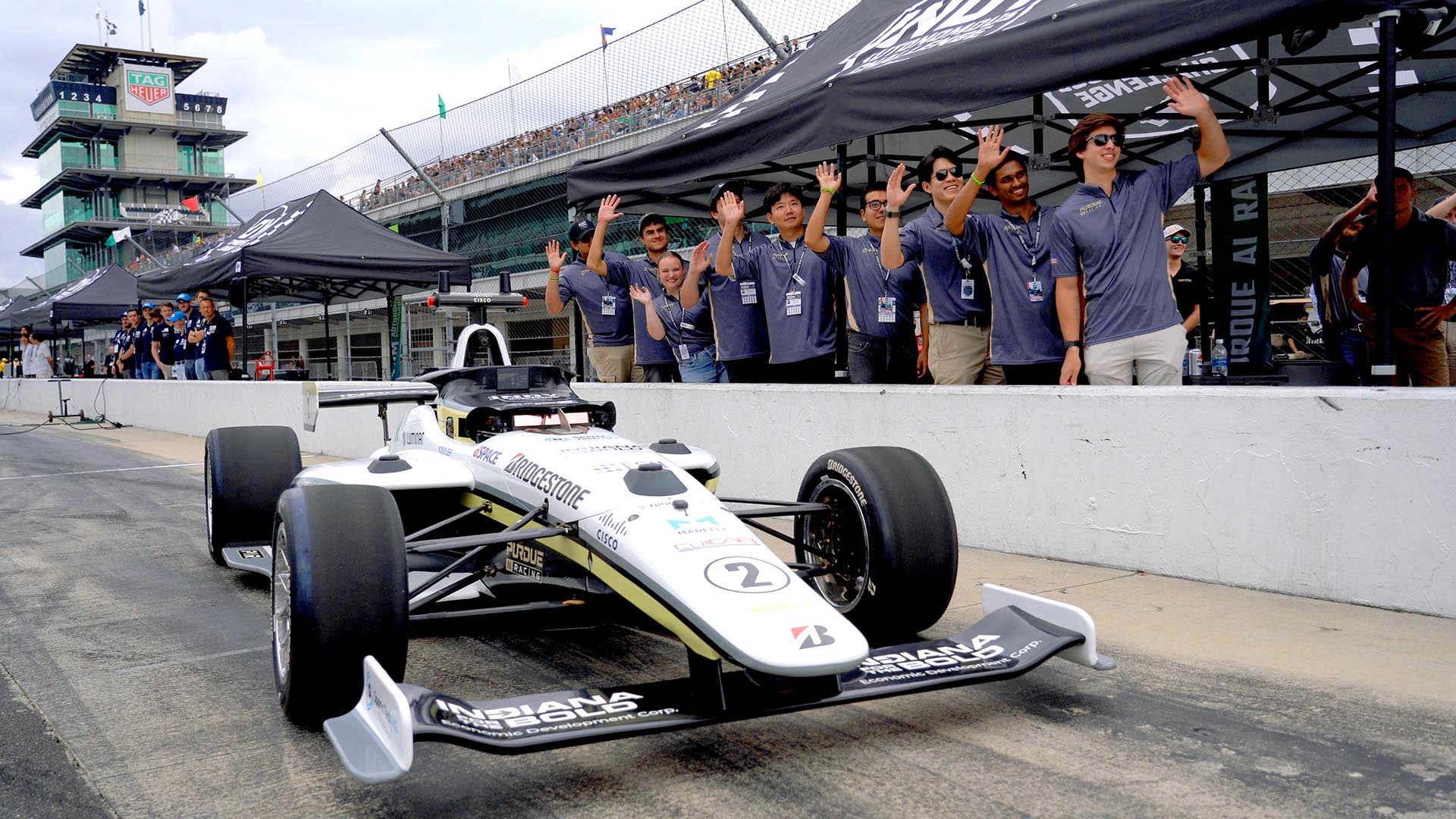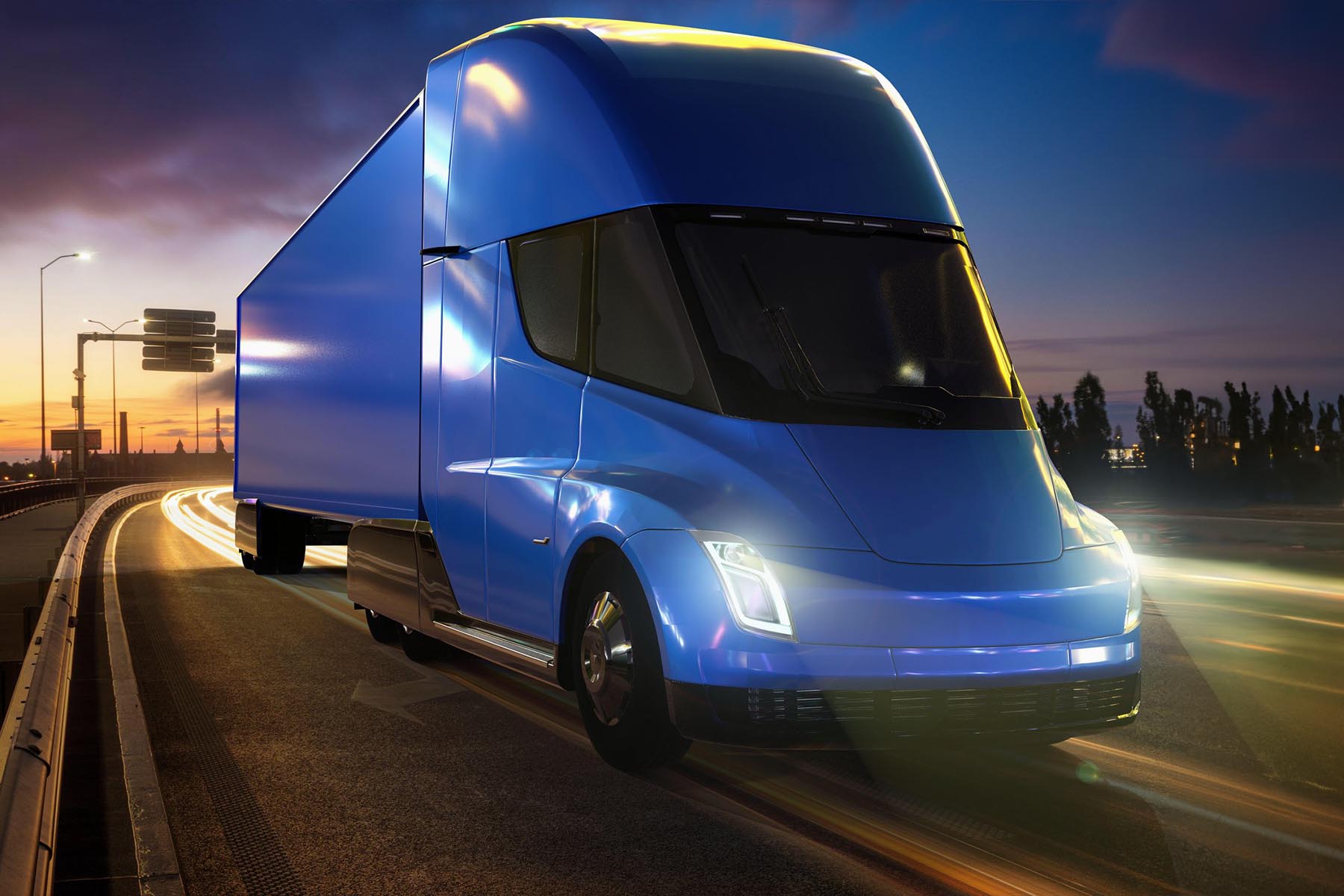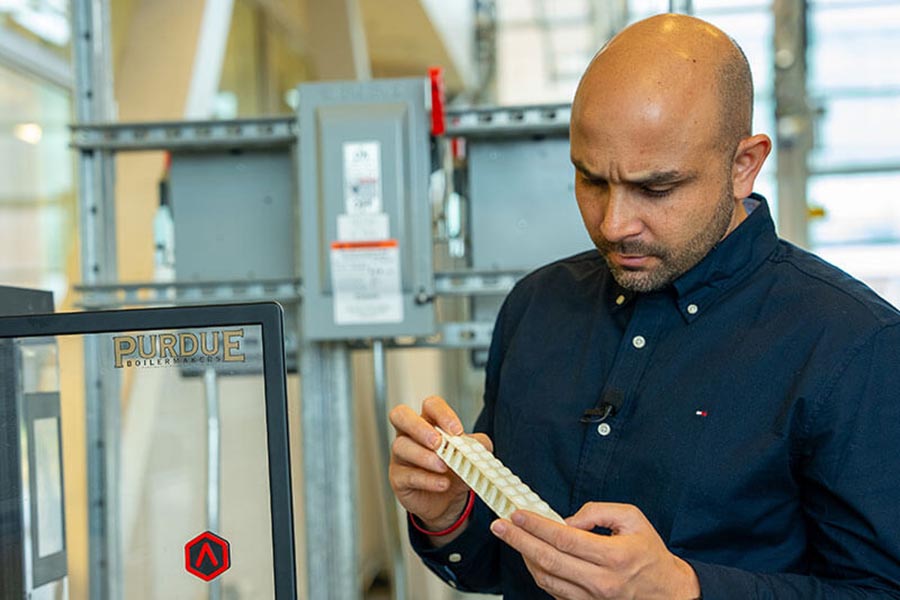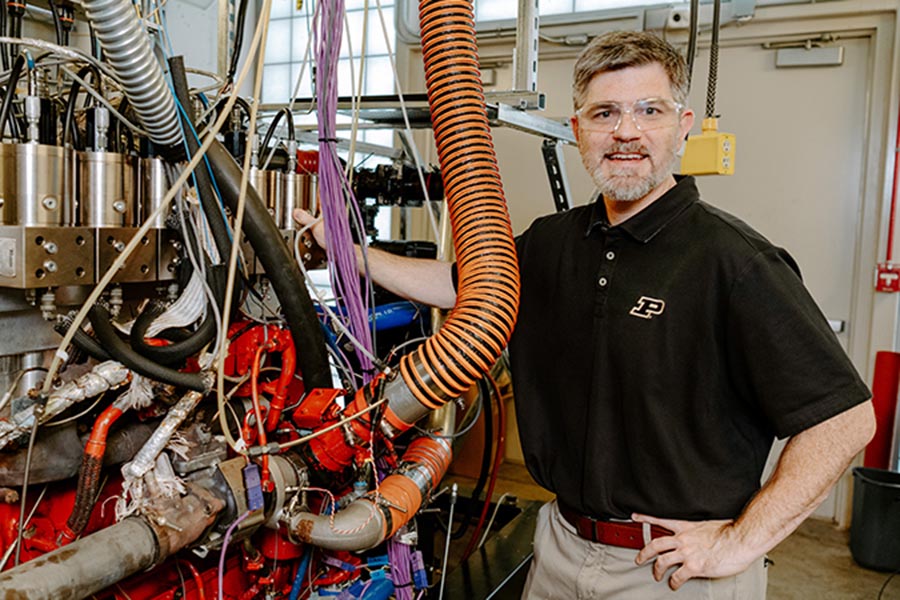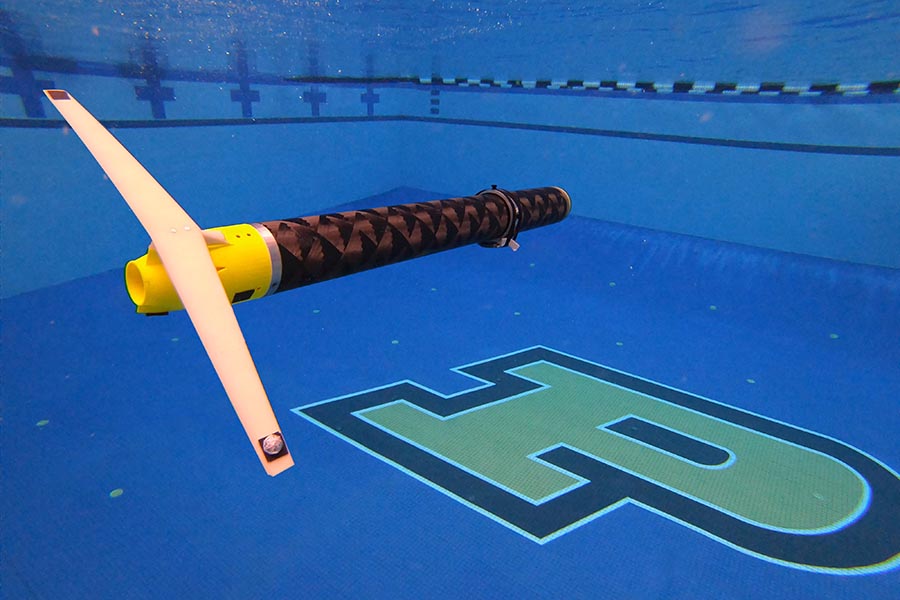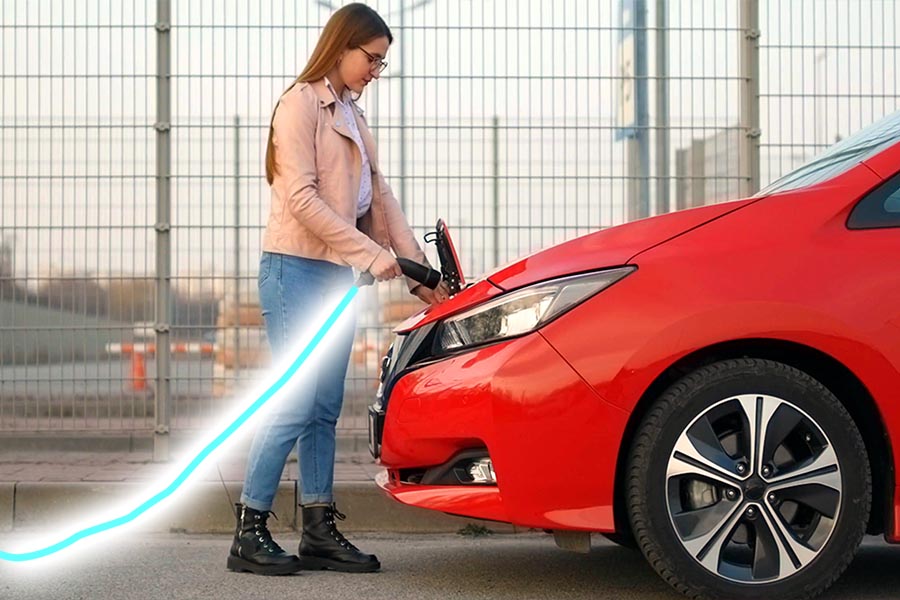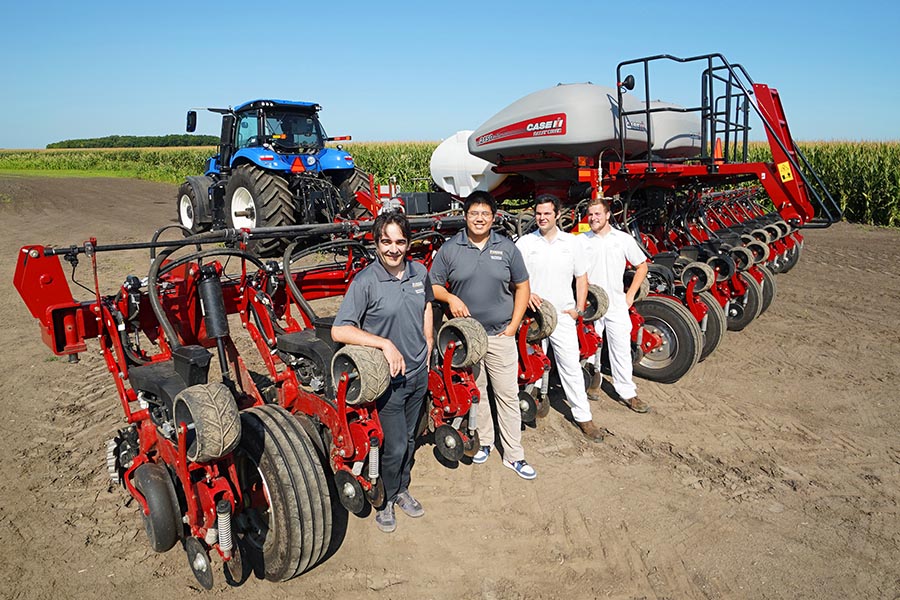Transportation
We all need to get around -- but so does freight, and food, and even space cargo. To that end, Purdue researchers focus on making engines more efficient in cars and trucks, and perfecting the acoustics of tires and cabin interiors. They explore autonomous vehicles, and how they can actually make the roads safer. They work with aircraft companies to develop the next generation of jet engines. And they investigate the infrastructure of roads and systems, lending engineering expertise to one of the most vital industries in the world.
Faculty in Transportation
- Application Areas: Advancement of high-speed flow and propulsion systems, including high-enthalpy flow tunnels, rotating detonation engines, ramjets, high-speed gas turbine and combined cycle engines, and bench-scale supersonic flight test rigs
- Fundamental Studies: Experimental investigation and detailed understanding of multiphysics thermal-fluid transport in high-speed, turbulent, and multiphase reacting flow environments
- Measurement Specialties: Development and implementation of ultra-highspeed imaging and spectroscopy for a wide range of temperatures, pressures, fluid phases, flow velocities, chemical species, and physical states.
- Contact mechanics
- Stresses, fatigue and friction of rolling/sliding
- Micro-mechanics of boundary and mixed lubrication regimes
- Spall initiation and propagation
- Surface science and damage
- Dynamics of ball and rolling element bearings and rotating systems
- Friction induced vibration and squeal in dry contacts
- Friction and wear of dry and lubricated contacts
- Virtual tribology
- Dry and lubricated fretting wear
- MEMS for in-situ monitoring of tribological contacts
- Discrete element modeling
- Design
- Two-Phase Flows and Heat Transfer
- High-Heat-Flux Thermal Management Systems for Several Applications, e.g., Outer Space Missions, Electric Vehicles, Ultra-Fast Charging Systems, Electronics Cooling, Avionics, Nuclear Reactors, Metal Manufacturing, Superconductors, Data Centers, etc.
- Gravitational Effects
- Experiments onboard the International Space Station (ISS)
- Two-Phase Flow Instabilities
- Fluid-Structure Interactions & Non-Newtonian Fluids in Biological Systems

